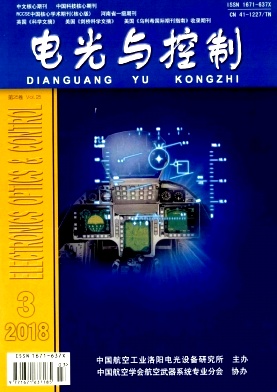电光与控制, 2018, 25 (3): 68, 网络出版: 2021-01-21
LSTM网络和ARMA模型对惯性器件随机误差预测适应性分析
Adaptability of LSTM Network and ARMA Modeling to Random Error Prediction of Inertial Devices
摘要
结合惯性器件随机误差研究的实际, 针对传统的基于时间序列的ARMA建模方法和深度学习LSTM网络进行了适用性和实时性对比分析, 通过获取具体型号的惯性器件输出数据设计了算例。研究认为在未做实时性要求的情况下, ARMA建模和LSTM网络均可以达到较好的拟合效果, 而建立LSTM网络方法可以减少提取趋势项和周期项的环节; 实时在线预测情况下LSTM网络优势明显, 但预测精度会随时间序列缩短而明显下降, 可以在一定程度上反映噪声变化的趋势并据此对整体控制系统的滤波算法进行优化。
Abstract
For the random error of inertial devices, a contrastive analysis was made to the applicability and real-time performance of the traditional ARMA modeling method and the popular deep learning LSTM network. A simulation example was designed by aobtaining the output data of a specific inertial device. The study showed that:1) Without the real-time performance requirement, both ARMA modeling and LSTM network can achieve accurate prediction results, and the LSTM network is advantageous since it doesnt need to extract the signal trend and cycle terms;and 2) In real-time prediction, the LSTM network has obvious advantages, but the prediction accuracy decreases with the shortening of time series, whereas the output can still reflect the trend of noise change and can be used for optimizing the filtering algorithm of the whole control system.
杨其, 陈水忠, 沈淑梅, 朱振华. LSTM网络和ARMA模型对惯性器件随机误差预测适应性分析[J]. 电光与控制, 2018, 25(3): 68. YANG Qi, CHEN Shuizhong, SHEN Shumei, ZHU Zhenhua. Adaptability of LSTM Network and ARMA Modeling to Random Error Prediction of Inertial Devices[J]. Electronics Optics & Control, 2018, 25(3): 68.



